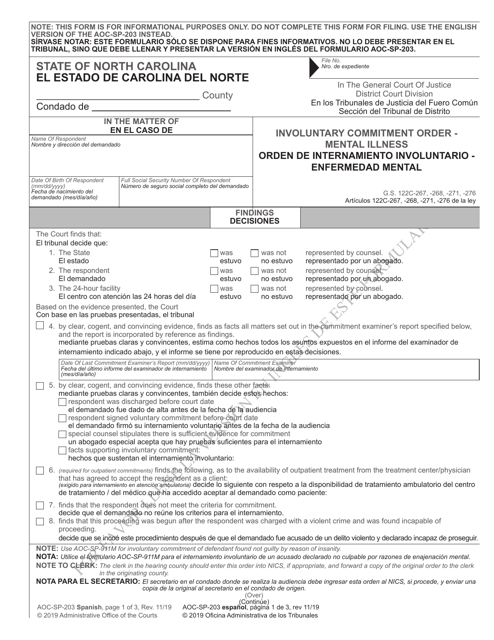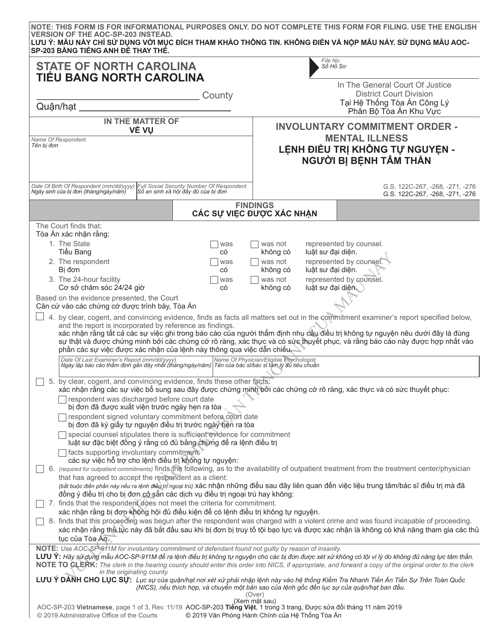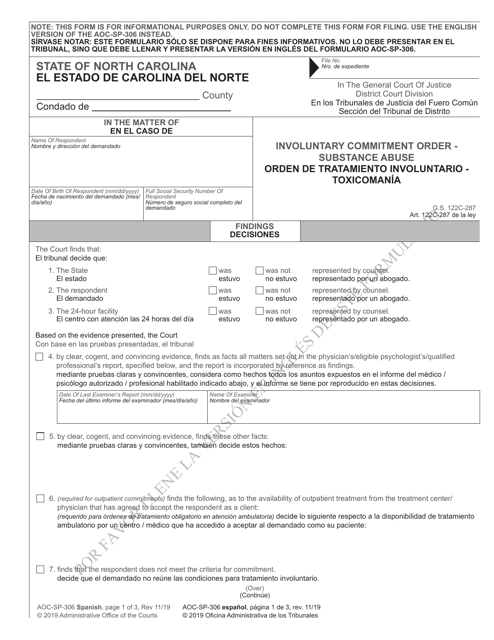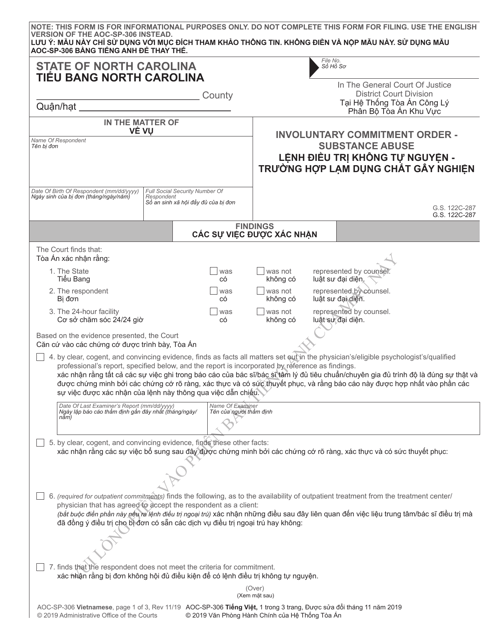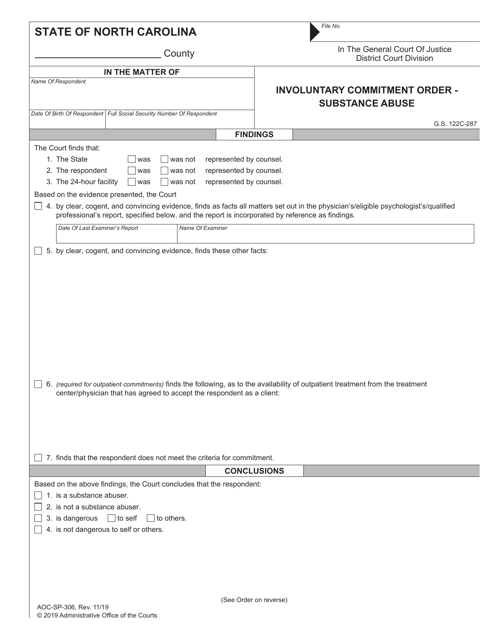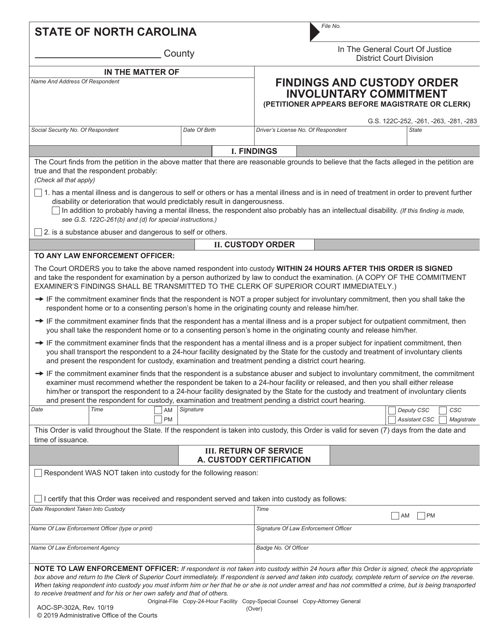Involuntary Commitment Order Templates
Involuntary Commitment Orders, also known as involuntary commitment orders or court orders for mental health treatment, are legal documents that authorize the involuntary hospitalization or treatment of an individual with mental illness or substance abuse issues. These orders are issued by a court or judicial authority based on the recommendation or petition of a healthcare professional or concerned party.
Involuntary commitment orders are a crucial tool in ensuring the safety and well-being of individuals who are unable or unwilling to seek help for their mental health or substance abuse problems. These orders provide a legal framework for intervention, allowing healthcare professionals to provide the necessary treatment and support to individuals who pose a risk to themselves or others.
The specific requirements and procedures for obtaining an involuntary commitment order may vary by jurisdiction. However, the fundamental purpose remains the same - to protect the individual and society from the potential harm that may result from untreated mental illness or substance abuse.
Involuntary commitment orders may be issued for different types of conditions, including mental illness and substance abuse. They may also be available in multiple languages to ensure accessibility for individuals from diverse backgrounds.
If you or someone you know is facing a mental health crisis or struggling with substance abuse, it is essential to understand the role and importance of involuntary commitment orders. These orders serve as a critical resource for ensuring prompt and appropriate treatment for individuals in need, and they play a vital role in protecting public safety.
Documents:
10
Form AOC-SP-306 Involuntary Commitment Order - Substance Abuse - North Carolina (English/Vietnamese)
This document is used for issuing an involuntary commitment order for individuals suffering from substance abuse in North Carolina.
This document is a Findings and Custody Order for Involuntary Commitment in North Carolina when the petitioner appears before a magistrate or clerk. It is used to outline the decisions and orders related to the involuntary commitment of an individual.

